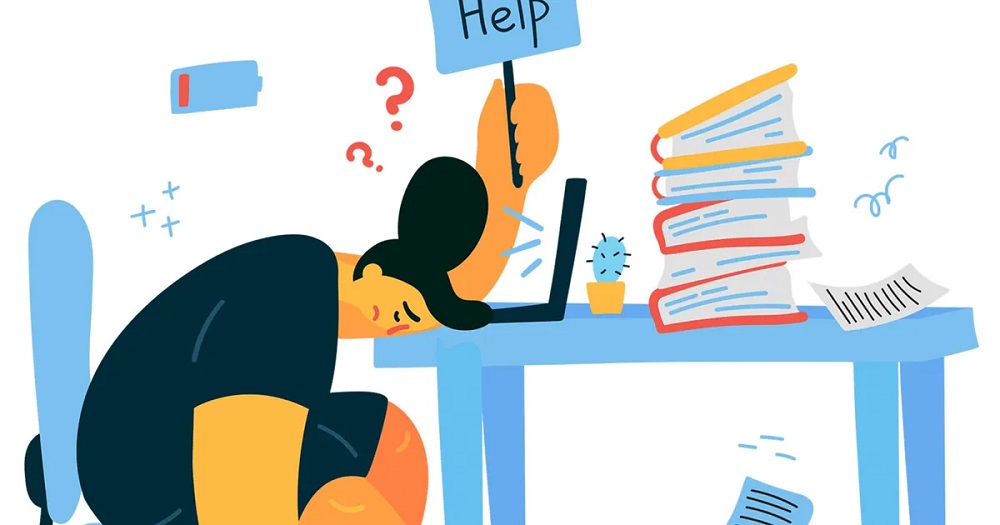Imagine a volcano bubbling with acidic lava deep in the chambers of your stomach. Now, consider the immense discomfort that would occur if that volcano erupted at the wrong time. Yes, that is acid reflux for you, with heartburn being the fiery eruption and GERD being the long-term aftermath of many such eruptions.
Let's break it down together:
Knowing the Basics
Before we go any further, let's take a minute to appreciate our digestive system. You eat your favorite meal, and it takes a trip down the esophagus into the stomach. The stomach, blessed with acidic properties, takes charge of breaking down the food further.

Andrea / Pexels / Since Acid Reflux, Heartburn, and GERD are used interchangeably, most people assume they are the same. They aren’t!
Normally, a muscular gate called the lower esophageal sphincter (LES) seals the deal, ensuring the acids remain within the stomach walls.
Heartburn: What is It?
Heartburn is like the fiery dragon in our gastric fairy tale. It strikes when the LES does not close all the way, allowing stomach acid to escape and irritate the esophagus. Thus, this rebellion manifests as a burning sensation right behind your breastbone, kind of like a dragon breathing fire on a castle - the castle being your poor, assaulted esophagus.
Oh, and lying down or bending over after eating? Of course, that is an open invitation for the dragon to attack.
Acid Reflux: The Rebellious Flow
A step back from heartburn, we have acid reflux: The actual event of stomach acid flowing back into the esophagus. It is not always fiery. Sometimes, it is a silent insurgent causing a range of symptoms, from a sour taste in the mouth to a persistent cough.

Andrea / Pexels / Essentially, GERD is a more complex and intense form of heartburn and acid reflux.
So, whether is silent or loud, one thing is clear: It is a revolt from the stomach, a sign that all is not well in the kingdom of your digestive system.
GERD
Now, if the rebellion becomes a chronic affair, the kingdom enters a state of unrest, or in medical terms, you develop Gastroesophageal Reflux Disease (GERD). This is not just a one-off battle. Instead, it is a long-drawn war characterized by frequent acid reflux incidents, leading to damage and inflammation of the esophageal lining.
So, GERD comes with a range of symptoms like bad breath, erosion of teeth enamel, and even trouble swallowing. It is an unsettled kingdom that needs a wise ruler to restore peace and balance.
Seeking the Sage: When to Consult a Doctor?
In some cases, you might need to seek the wisdom of a sage (your doctor!) to find the path to healing. Persistent symptoms, difficulty swallowing, or signs of bleeding (like vomiting blood or black stools) are red flags signaling the need for medical intervention.

Nathan / Pexels / If any of these symptoms get intense, consulting a doctor is a sane decision.
Thus, your doctor might prescribe medications to calm the acid production or recommend procedures to strengthen the LES.
The Enchanted Herbs: Medication and Natural Remedies
In the healer’s bag, you will find a variety of enchanted herbs and potions to alleviate your symptoms. Over-the-counter antacids can be your knight in shining armor, neutralizing stomach acid and providing quick relief.
However, for nature enthusiasts, sipping on herbal teas like chamomile or ingesting a spoon of mustard can sometimes work wonders. However, these should be approached with caution, as not all enchanted herbs are friendly to every individual.















